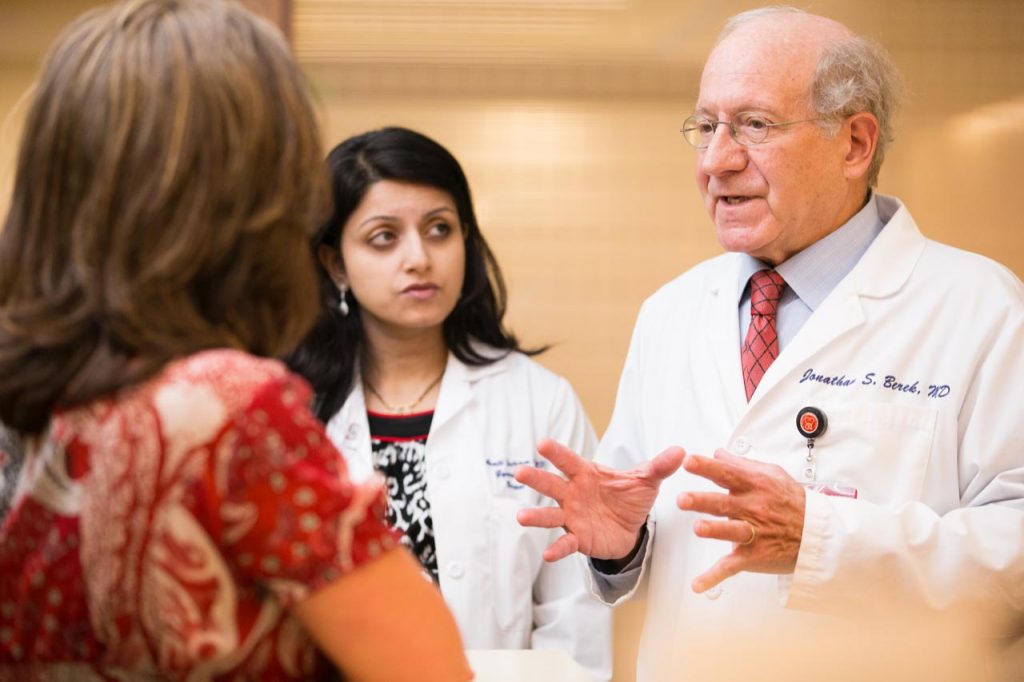
About OCRA
About OCRA
OCRA is the world’s largest organization dedicated to fighting ovarian and all gynecologic cancers on all fronts while supporting patients and their families.
About OCRA
About OCRA
OCRA is the world’s largest organization dedicated to fighting ovarian and all gynecologic cancers on all fronts while supporting patients and their families.
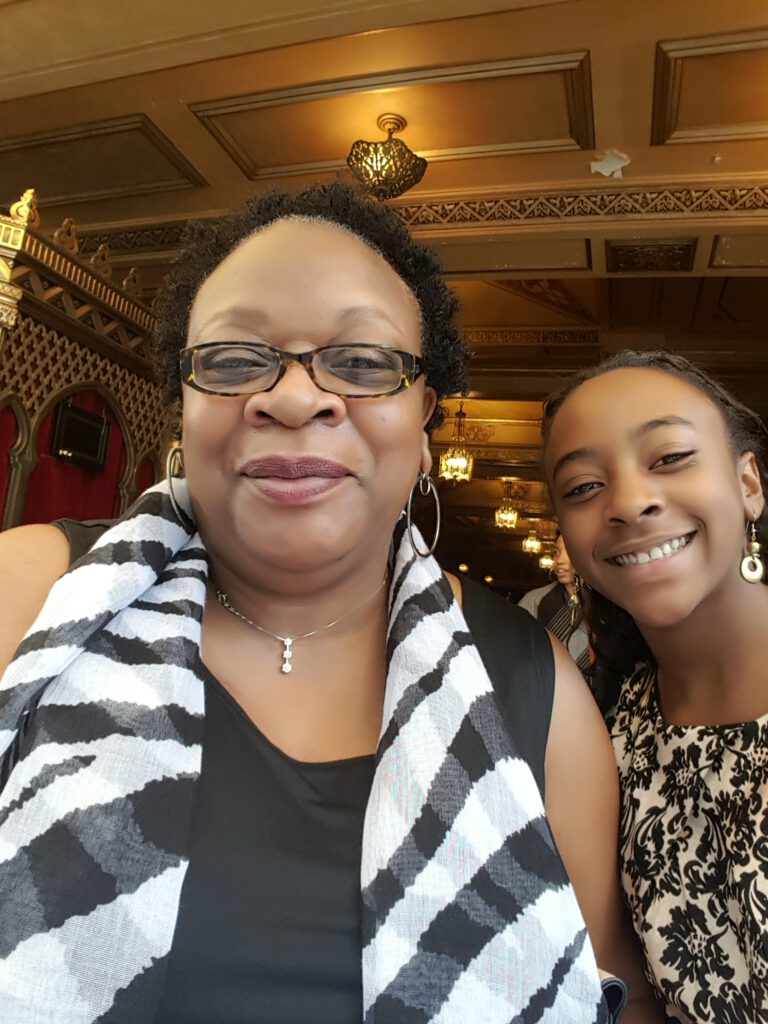
Mission & Impact
Ovarian Cancer Research Alliance is the global leader in research funding and a trailblazer in the race to find a cure for ovarian and gynecologic cancers. Unafraid to challenge accepted wisdom, OCRA has taken powerful stances on everything from new recommendations for prevention to creating innovative, highly effective programs to promote education, advocacy, and awareness.
OCRA’s patient support programs, staffed by highly experienced social workers, are a model in the field. They offer dedicated assistance and empathetic support for those who need it most, no matter where they are in their cancer journey. Our goal is not only to improve treatments and attract the most gifted scientists to the field, but also to support patients and their families to ensure the best possible care and outcomes. We are passionately committed to inspiring hope, advancing science, and moving the world closer to a cure.
- Invested $128M in scientific breakthroughs
- $128M
- Helped secure $3.8B in federal research and education funding
- $3.8B
- Annually support 95K individuals through our programs
- 95K
Donate today
OCRA fulfills this mission by raising money — 81 cents of every dollar spent supports research and programs.
OCRA drives change and ignites hope
When it comes to curing ovarian cancer, only one organization has both a laser focus and a panoramic view.
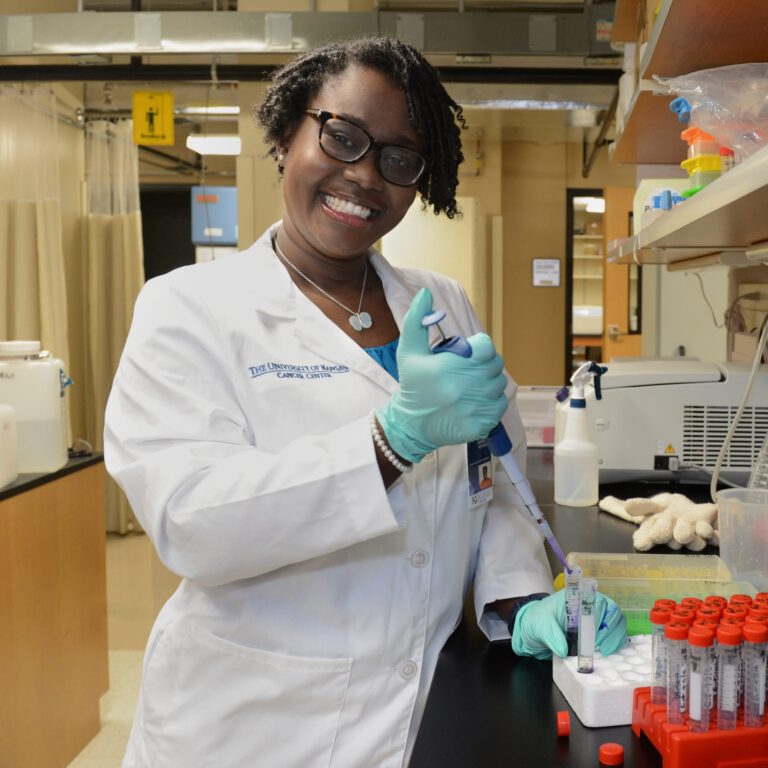
Research

Support and Knowledge
- Woman to Woman Peer Mentor Program – Available in more than 20 hospitals nationwide as well as virtually
- Survivors Teaching Students® (STS) program – Ovarian cancer survivors and caregivers share their stories of diagnosis, treatment, and survivorship in medical education programs at more than 350 schools
- Staying Connected Support Series – Led by our highly trained oncology social workers, our nationwide program of weekly and monthly online gatherings offer compassion, community, and support, including Express Yourself, sessions with therapeutic arts activities that ignite the joy of creativity, and Book Club, a monthly facilitated session that creates connection around a shared reading.
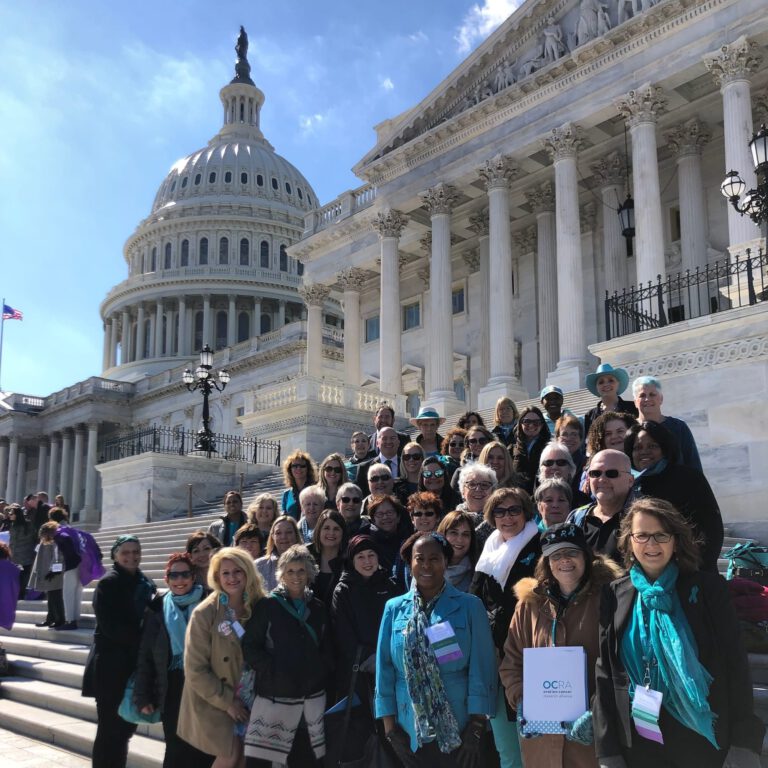
Advocacy
Meet Our Team
OCRA’s effectiveness is due to the dedication and deep expertise of its outstanding staff, Board, and Scientific Advisory Committee members.
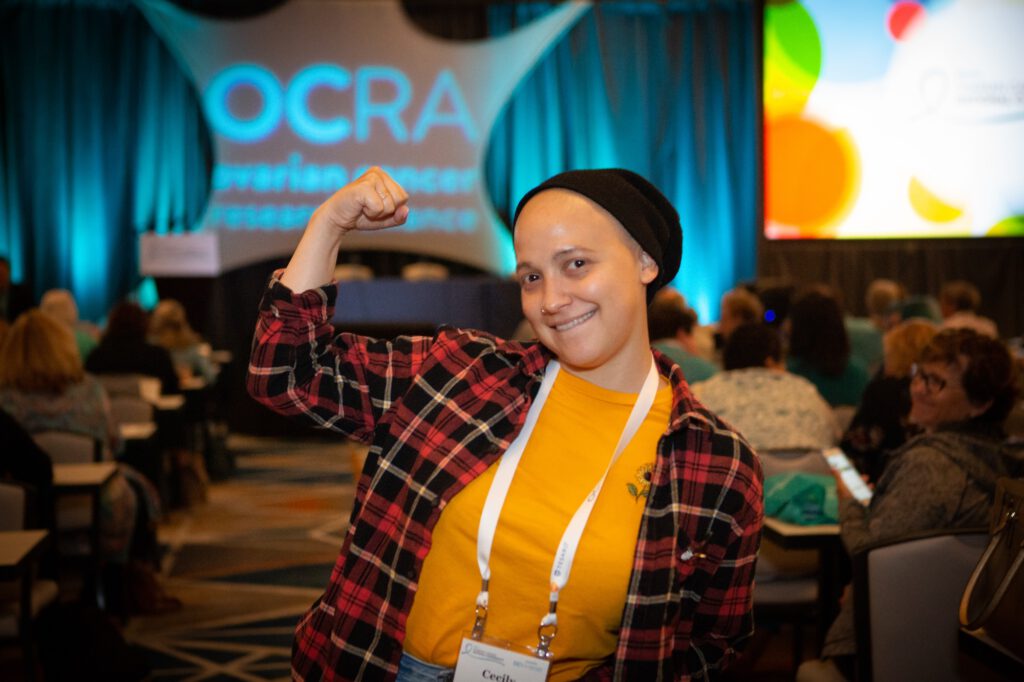
Our Partners & Sponsors
OCRA is fortunate to count many of the world’s leading companies and corporations as partners and sponsors. We thank them for supporting our mission to improve the lives of those affected by ovarian and other gynecologic cancers and to accelerate the search for a cure.
Conflict of Interest Statement — Industry Partners
- Corporate partners including industry do not shape OCRA’s agenda, research, or advocacy.
- In 2023, industry partners represented 8% of OCRA’s overall revenue.
- If an industry partner sponsors an OCRA program, grant, or educational materials, it is publicly acknowledged and the supporting company has no editorial or strategic input.
- Any reference to a specific commercial product or service does not constitute or imply an endorsement by OCRA of the product or service or its producer or provider. The views and opinions expressed in any referenced document or on any referenced website do not necessarily reflect those of OCRA.
News & Updates

KIRO-TV 7 Seattle (CBS) Spotlights 2025 OCRA Rivkin Family SummeRun and Ovarian Cancer Research Impact
The 2025 OCRA Rivkin Family SummeRun brought together more than 900 participants in Seattle to raise critical funds for ovarian cancer research. KIRO-TV 7 Seattle (CBS) covered the event in … Continued
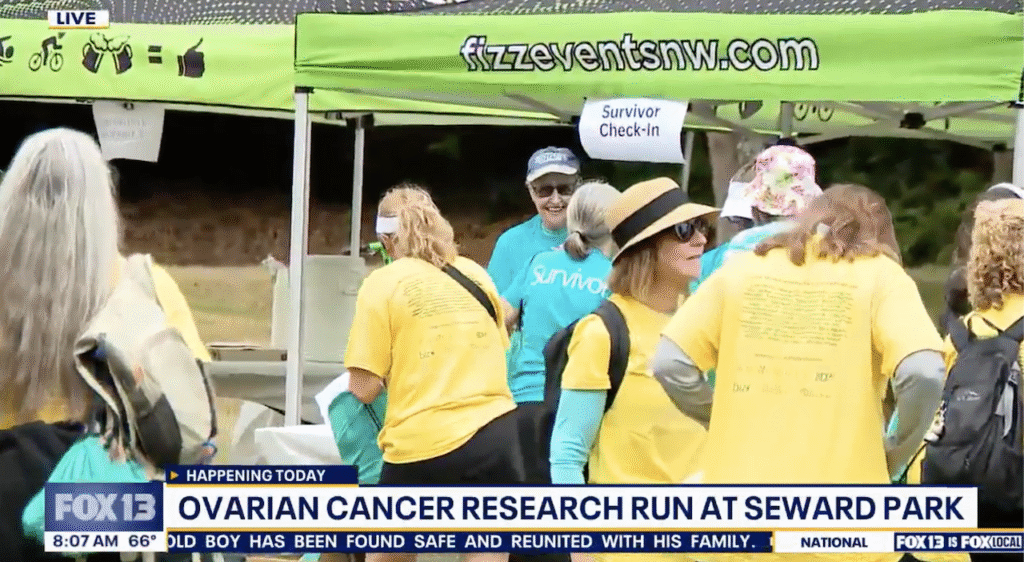
KZJO-TV Fox 13 Seattle’s Live Broadcast from OCRA Rivkin Family SummeRun Highlights Ovarian Cancer Research Impact
KZJO-TV Fox 13 Seattle broadcast live all morning from the Ovarian Cancer Research Alliance (OCRA) Rivkin Family SummeRun at Seward Park on July 13, 2025, giving viewers a first-hand look … Continued
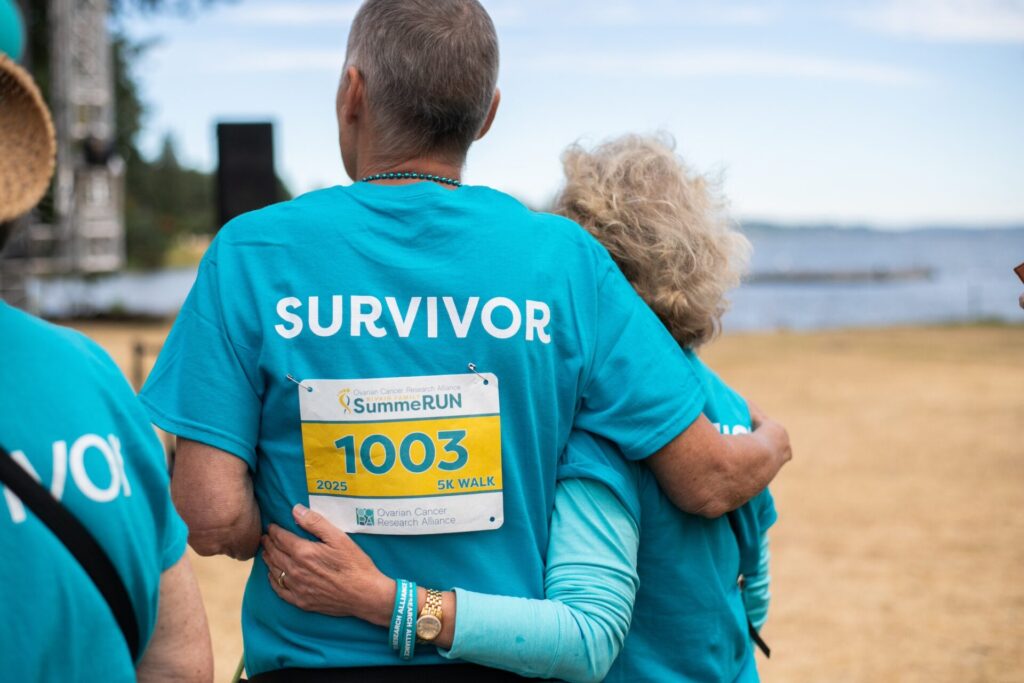
OCRA Rivkin Family SummeRun Raises $320K+ for Ovarian Cancer Research
More than 900 participants gathered at Seattle’s Seward Park on July 13, 2025, for the Ovarian Cancer Research Alliance (OCRA) Rivkin Family SummeRun. Now in its 32nd year, the beloved … Continued